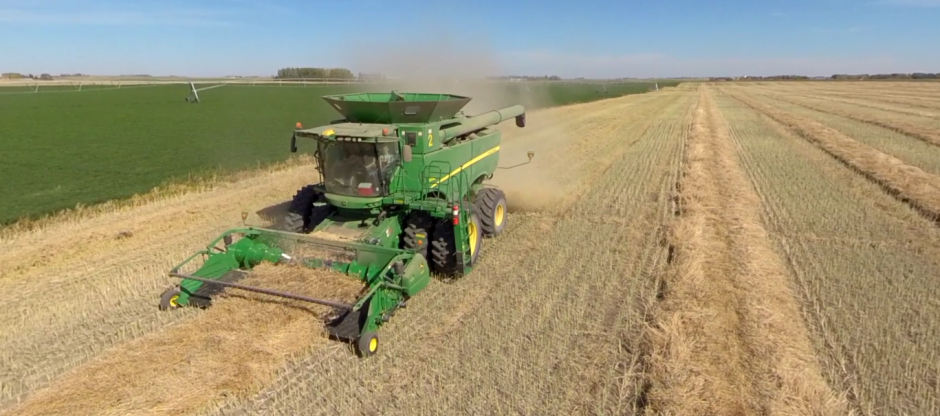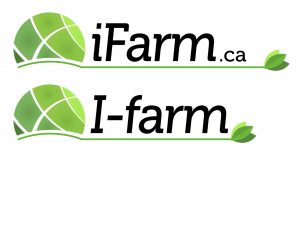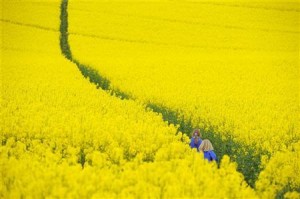Chongqing Grain Group Co Ltd, one of China’s largest State-owned grain companies, is intalks with Molino Canuelas SA, a major agribusiness group in Argentina, about jointinvestments totaling $10 million in a soybean farm and dairy farms in the South Americancountry.
This marks the beginning of a series of plans the Chinese group is about to carry out inArgentina.
It also follows its investment in a soybean production base in Brazil last year, as it steps up itseffort to meet the country’s growing appetite for agricultural products through investments inSouth America.
Agreements on the investments in Argentina – split 50-50 between the two companies – areexpected to be signed “within this year”, Claudio Canepa, industrial manager of the Argentinecompany, said in Buenos Aires on Wednesday.
The two companies plan to rent a 10,000-hectare soybean farm in central Argentina’sagricultural Cordoba province, with an expected annual output of more than 30,000 metric tonsof soybeans, and ship all the beans back to China.
According to the current farmland rental price in Argentina, investment in the soybean farmwould amount to around $6 million, and the remaining $4 million will be invested in dairy farmsowned by the Argentine company to produce dairy products for export to China, Canepa said.
“This is just the first step (in cooperation) for the two companies,” Canepa said, adding thatthey will also jointly invest in Chongqing in the near future.
The southwestern China-based group has emerged as a major overseas investor in recentyears. It said in November that it will invest $500 million to build a soybean production base,equipped with oil-crunching, refinery and processing plants, in Brazil’s northeastern state ofBahia.
The group also announced plans early this year to invest $1.2 billion in Argentina to grow corn,cotton and soybeans, according to Chinese media reports.
Overseas investments in South American countries’ agricultural sector could provide Chinesecompanies with cheap and reliable supplies, all the more important as the country has grownsteadily more dependent on the international food market in recent years, said Chineseagricultural analysts.
Most Chinese companies currently buy soybeans from international traders such as Bunge Ltdand Cargill Ltd. Direct purchases from the producers could cut costs by around 20 percent,analysts said.
In the meantime, closer ties with South American countries could also reduce China’s relianceon soybeans grown in the United States, they added.
China is the largest overseas market for US soybean farmers. It imported 52.6 million metrictons of soybeans last year, nearly half of which came from the US, accounting for 60 percentof total US soybean exports last year.
During the first five months of this year, China’s soybean imports jumped 20.7 percent year-on-year to 23.4 million tons, according to the General Administration of Customs.


